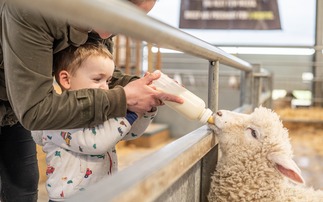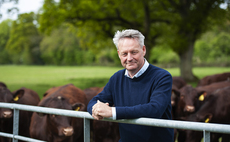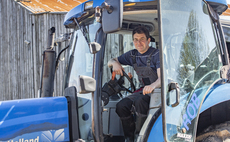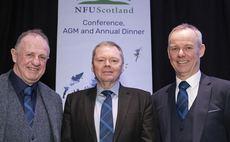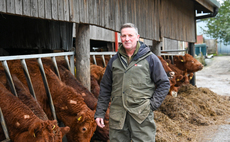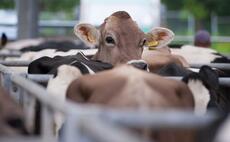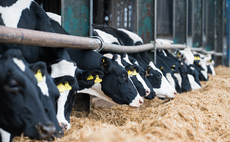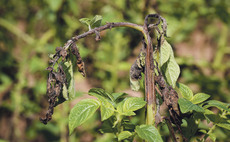
Through humour, honesty and practical insight, Phil Latham spoke of the real-world hurdles of planning, funding and building major rural projects — and the lessons that can save others from costly mistakes. His key messages were that diversification is essential for survival, but success depends on resilience, realism and the right team around you.
10 key takeaways
The cavalry is not coming. With reduced subsidies and tighter budgets, farmers must take control of their own financial future through creative diversification.
- Learn from others. 71 % of English farms have diversified, yet few share insights — collaboration across the sector could save everyone time and money.
- Find your own path. Each business has unique assets and constraints; a tenant's strategy will differ sharply from an owner-occupier's.
- Professional teams pay for themselves. Architects, QSs and contract administrators may seem expensive, but weak specifications and missing oversight cost far more later.
- Documentation matters. Keep a daily site diary, detailed scope of works, and written records — vital protection when disputes arise.
- Plan for the unexpected. Covid-19 delays, design flaws and contractor disputes can double budgets; build contingency and patience into every project.
- Cashflow before perfection. Phasing developments and ensuring core rental or livery income early keeps loans serviceable through long builds.
- Honesty builds credibility. Sharing failures and lessons openly helps strengthen the wider rural business community.
- Diversify within diversification. From riding facilities to café, solar and holiday lets, a mix of complementary enterprises spreads risk and builds year-round resilience.
- People make it work. Managing teams, communication lines and clear responsibilities are just as critical as bricks and mortar - if you want to go far, go together.
READ NOW: Organic conversion and shift to direct selling transforms Derbyshire farm








